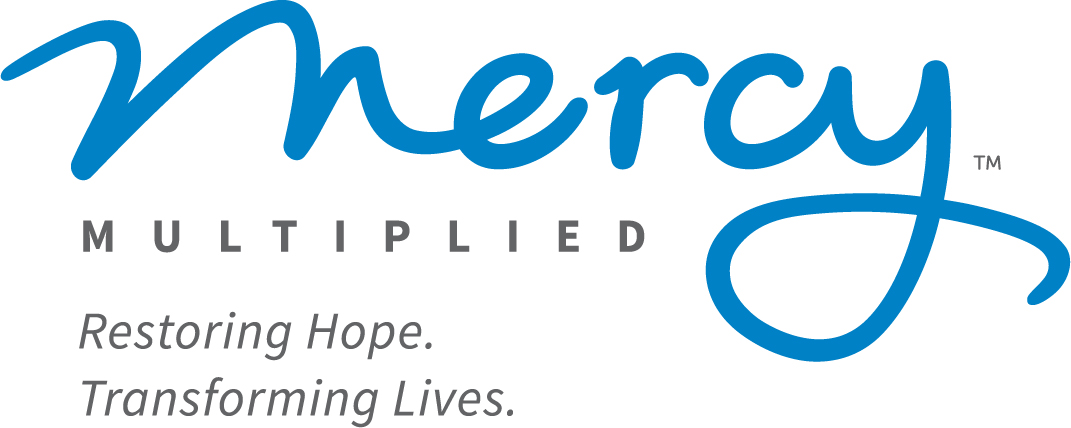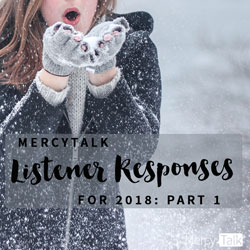This month on MercyTalk, we’ll be diving into the book, “The Entitlement Cure”, by Dr. John Townsend and examining how entitlement feeds us two primary lies: (1) I am exempt from responsibility and (2) I am owed special treatment. In the first installment of this series, we’ll look at the deeper narrative behind what entitlement actually is.
Also in This Episode
- The universal disease of entitlement
- The cure for entitlement and doing things the hard way
- Relational patterns that drive entitlement
Show Notes
Hey, everyone! Welcome to MercyTalk! We’re officially knee-deep into summer and have just finished our “How Do We Respond?” series, which included so many important conversations on everything from singleness to divorce. Even though it was heavy at times, it was incredible to step back and ask the question, “How can we, as the church, love one another better?” We’ve really enjoyed hearing how this series encouraged you and would love to hear any feedback you may have for the show. If you’d like to share your comments with us, you can send them to mercytalk@mercymultiplied.com.
Today is the beginning of a new series for the month of July, and we’ll be diving into the best-selling book by Dr. John Townsend called “The Entitlement Cure”. Entitlement can be broken down into two basic ideas:
- I am exempt from responsibility
- I am owed special treatment
On pages 20-21 of “The Entitlement Cure”, Townsend shares some extremely practical characteristics for detecting entitlement:
- An attitude of being special
- An attitude of being owed or deserving something
- A refusal to accept responsibly
- A denial of one’s impact on others
Townsend also talks about entitlement as being something that everyone struggles with. Either it colors the way we view all of our lives (global entitlement) or it tends to find us in the smaller areas known as “pocket entitlement” (marriage, work, etc.). At the end of the day, though, our relationships, as well as the environment we grew up in, play a big role in the attitudes of entitlement we’ve taken on. This is particularly interesting because Townsend also addresses six “praise and reward problems” that we may have experienced growing up or use with those around us today.
Praise and Reward Problems
- Praising what takes no effort
- Praising what is required
- Praising what is not specific
- Praising what takes an ability and creates an identity
- Praising what is not based on reality
- A lack of warmth
Ouch. This is getting real. It’s so humbling to realize that some of the things we thought weren’t issues are actually things we need to address head on. This brings us to the next part of this conversation—how to combat entitlement. Townsend talks about something called the “hard way principles” (five Biblical principles research also supports in this area). We’ll get into the details of those on our next episode, but for now, here are a few practical things we can do to examine the areas in our own lives that we need to get honest about.
- Don’t forget compassion. Ask God to help you have compassion for those in your life who struggle in the area of entitlement. Ask for wisdom, healthy boundaries, and as Townsend says, “Remember that their attitude is not wholly of their own choice.”
- Look at your own pocket entitlements. You probably figured this was coming, but don’t just sit around looking for problems with other people. Look at areas where you assume an “I deserve” attitude and take charge of them. Townsend says, “What you notice tends to improve over time.”
- Review the list of the causes of entitlement. Make sure you understand how the entitled person got to where they are now. Check to see if you played a part in how the person was influenced. Take ownership.
If it all feels a bit hopeless today, don’t worry! We’re headed toward some principles that will be able to help in this area (stuff like vulnerable and consequence-based conversations to start). We hope you’ll join us right here next week on MercyTalk!





